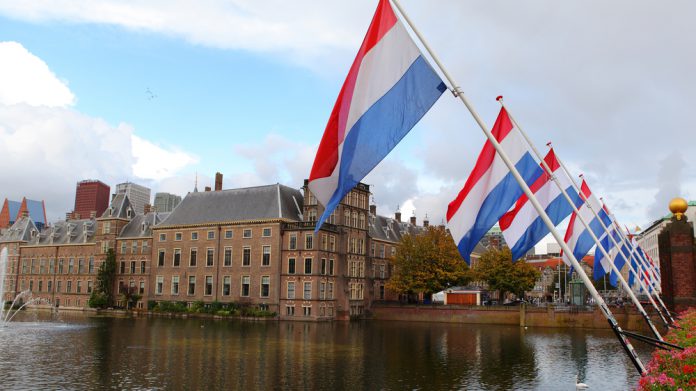The Dutch gambling authority, Kansspelautoriteit (KSA), has released the details of a new report done in collaboration with the AGOG which looked into gambling issues and the effects of self-help in treating gambling addiction.
The online study considered the responses of 86 people who have signed up with AGOG, which organises weekly meetings for players at risk of problem gambling behaviours.
The report found that those who had experienced problem gambling were more likely to have played gambling machines, with some 67 per cent of respondents saying they took part in this form of gaming.
Of the respondents, one third said they gambled on average two to three times a week in the year before they sought help, while another third stated that they gambled four to six times a week. A quarter of them gambled daily.
223 of AGOG’s members were invited to take part in the survey, however, only 39 per cent responded to the request. The KSA emphasised that the study sample was not indicative nor representative of the entire AGOG membership. However, the regulator stated that it was able to draw a number of findings from the survey.
The survey also found that almost half of the respondents spent more than €1,000 each month on gambling.
KSA outlined that the findings of the study will help provide further insight into gambling behaviours, allowing the regulator to ‘use the results for drawing up the annual market scan and in general for policy development.’
Earlier this month, Kansspelautoriteit confirmed a six month delay to the pending legalisation of the country’s online gambling market.
Sander Dekker, the Dutch justice minister, informed the Netherlands parliament on the delay, with the Remote Gambling Act (Koa) set to “come into effect” on January 1, 2020, six months later than previously planned.











